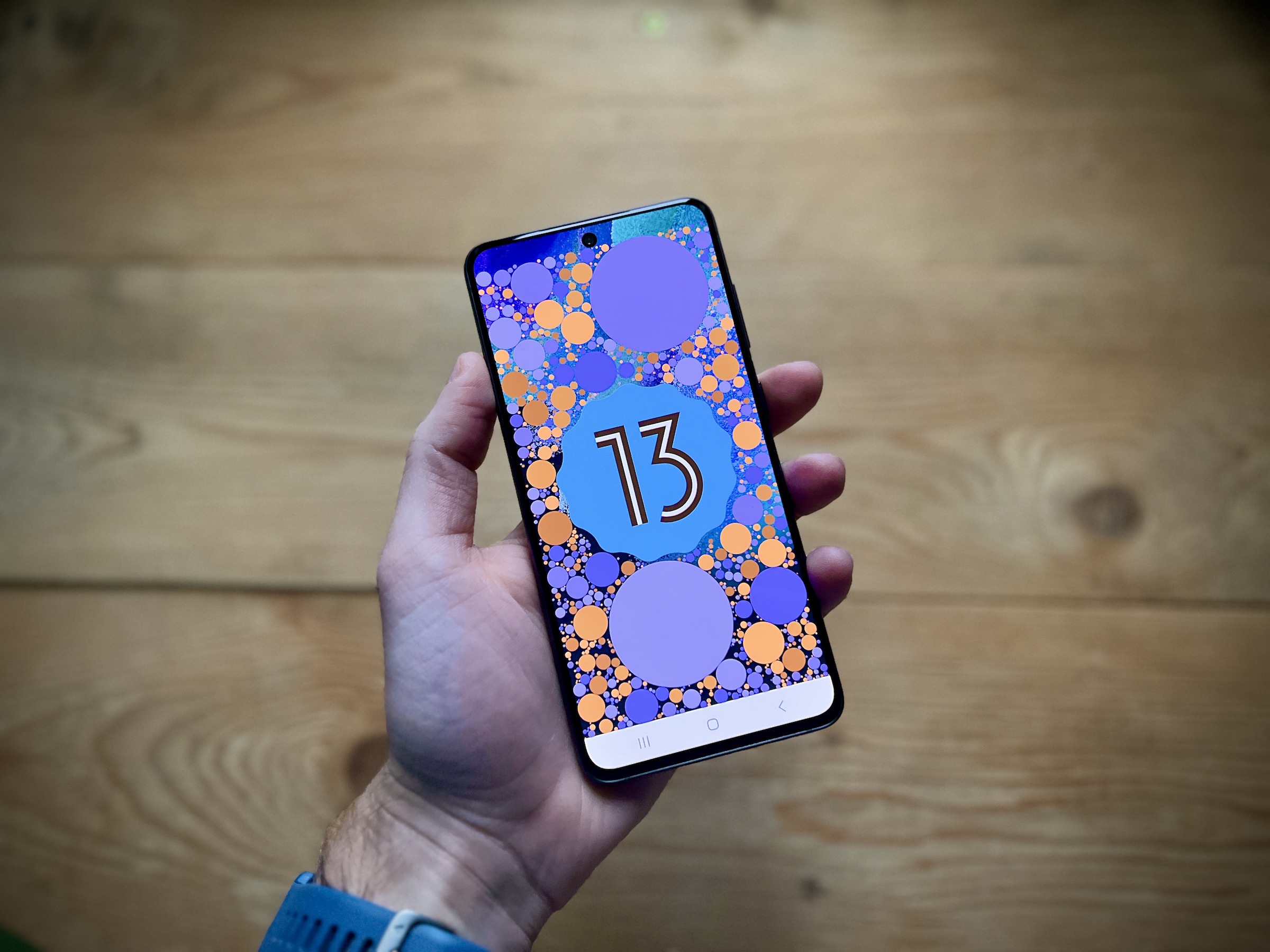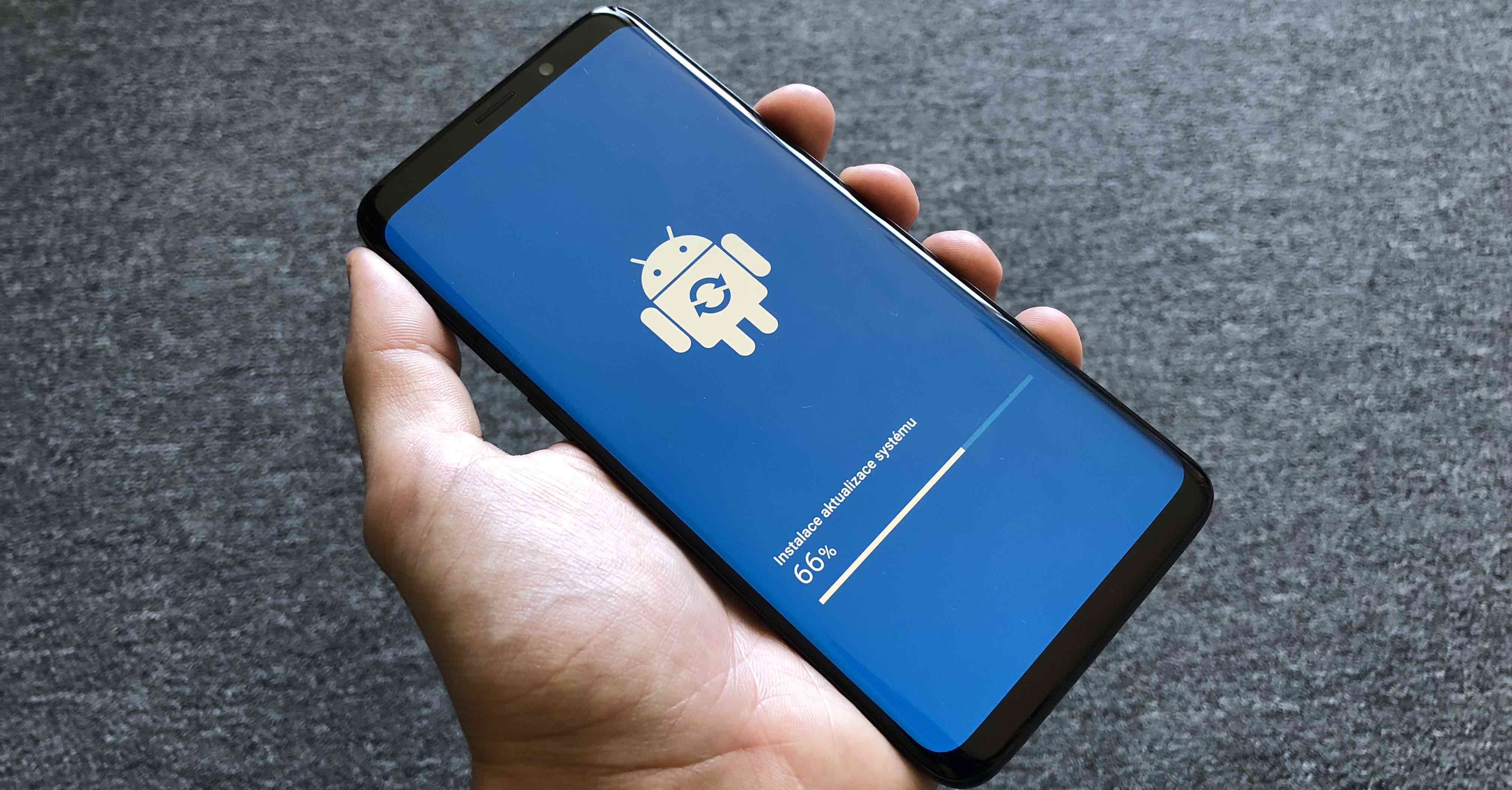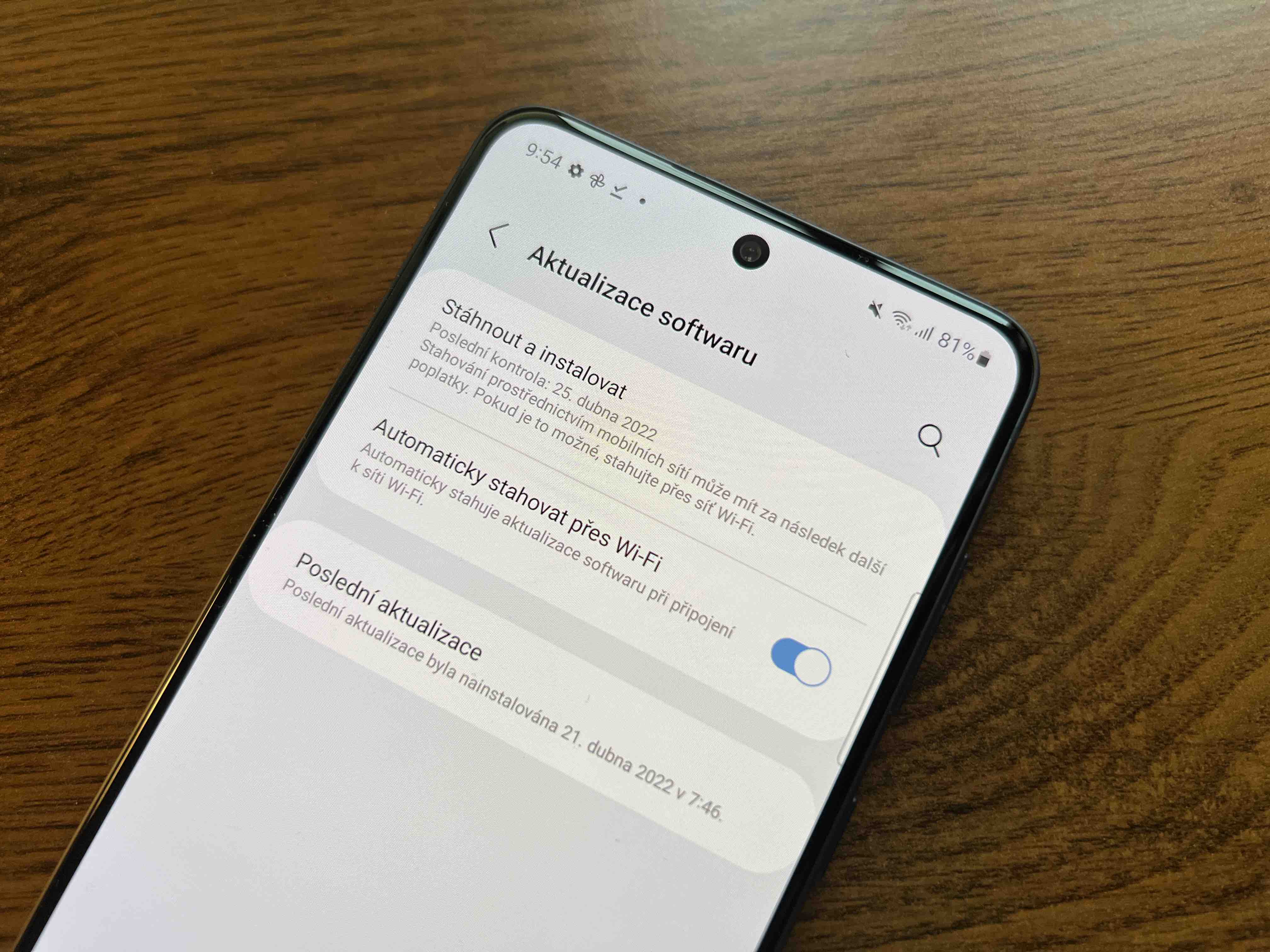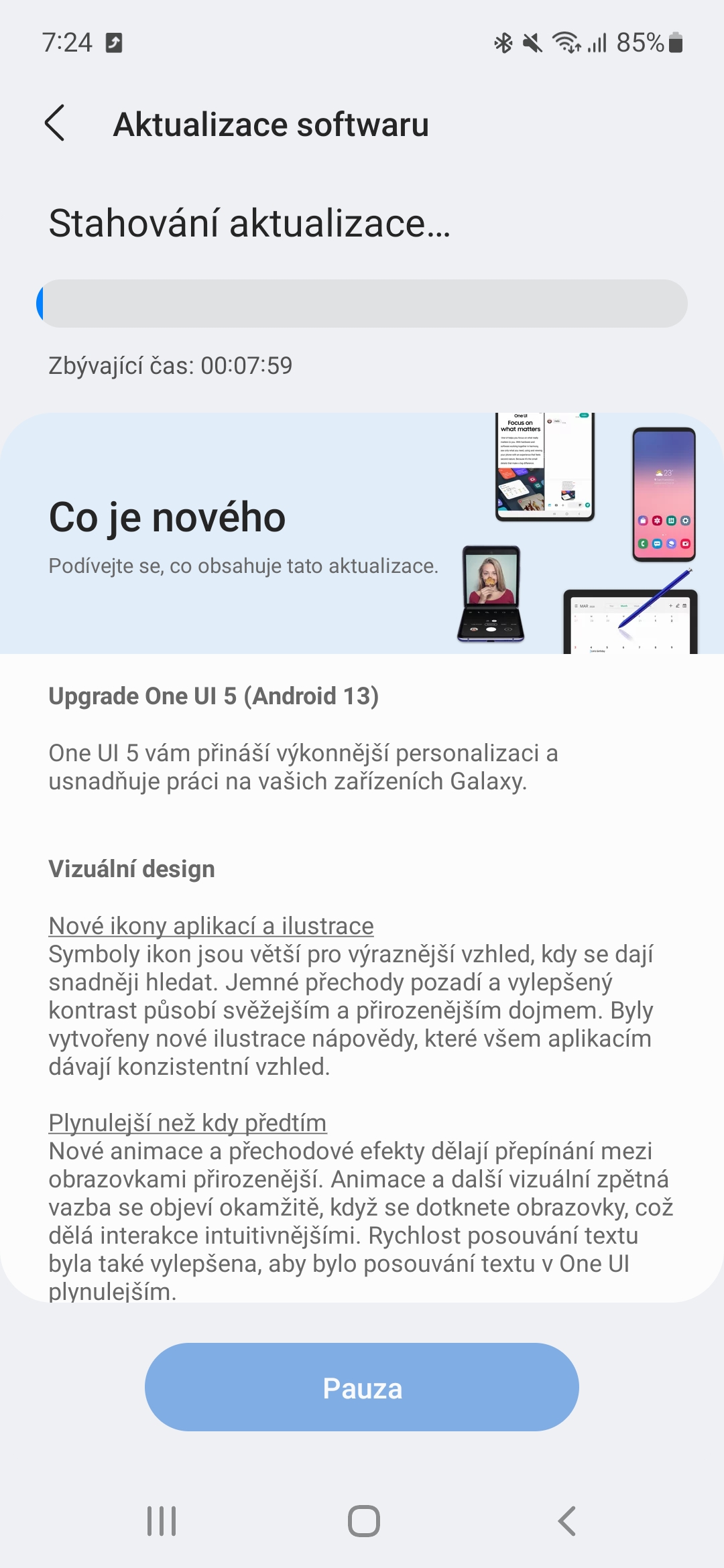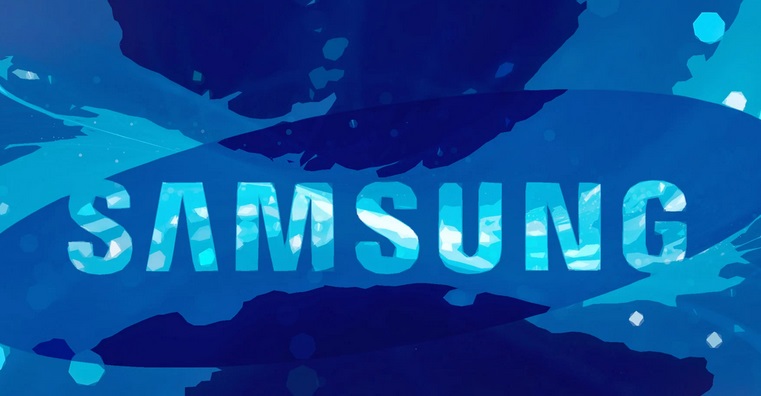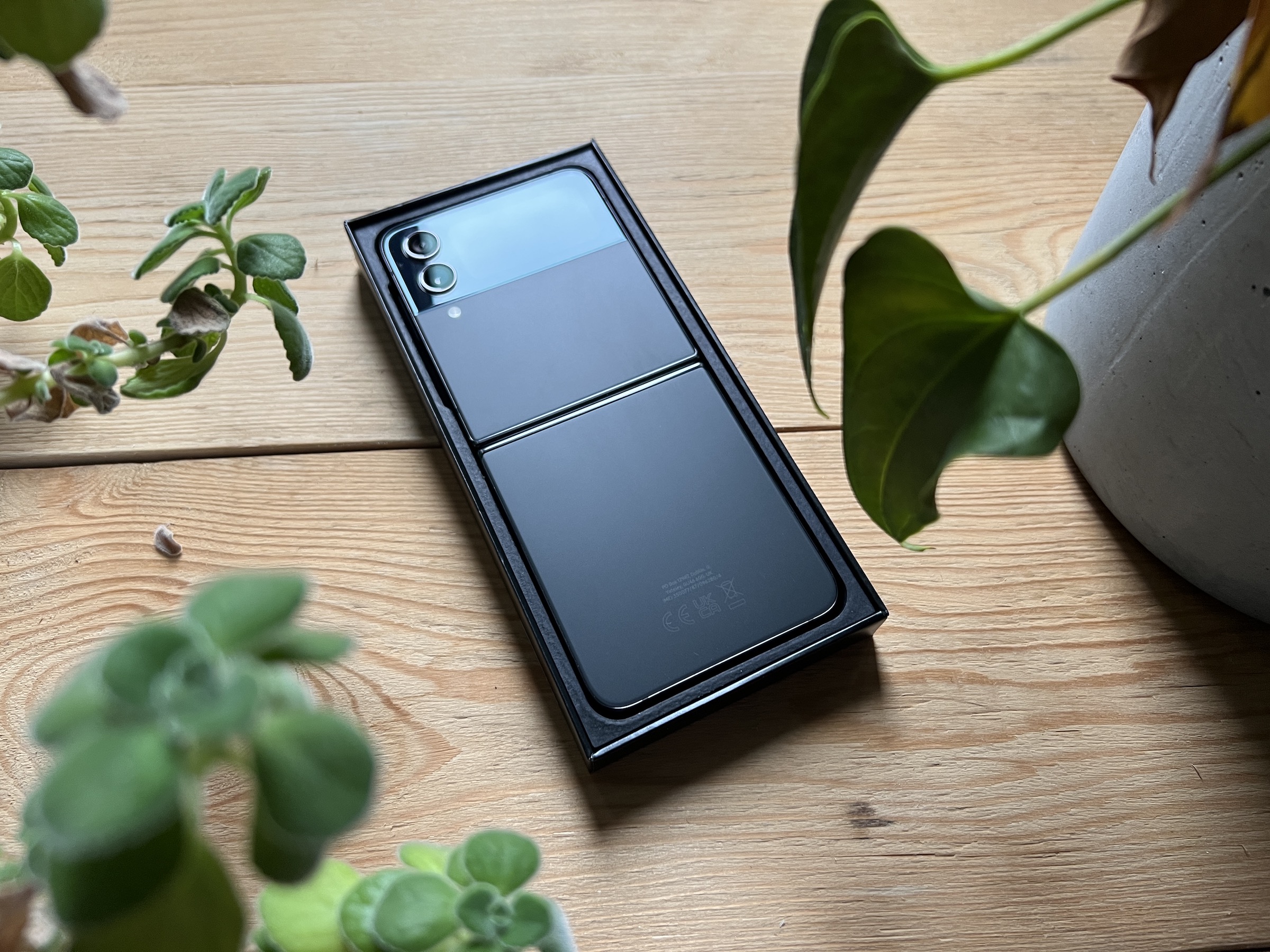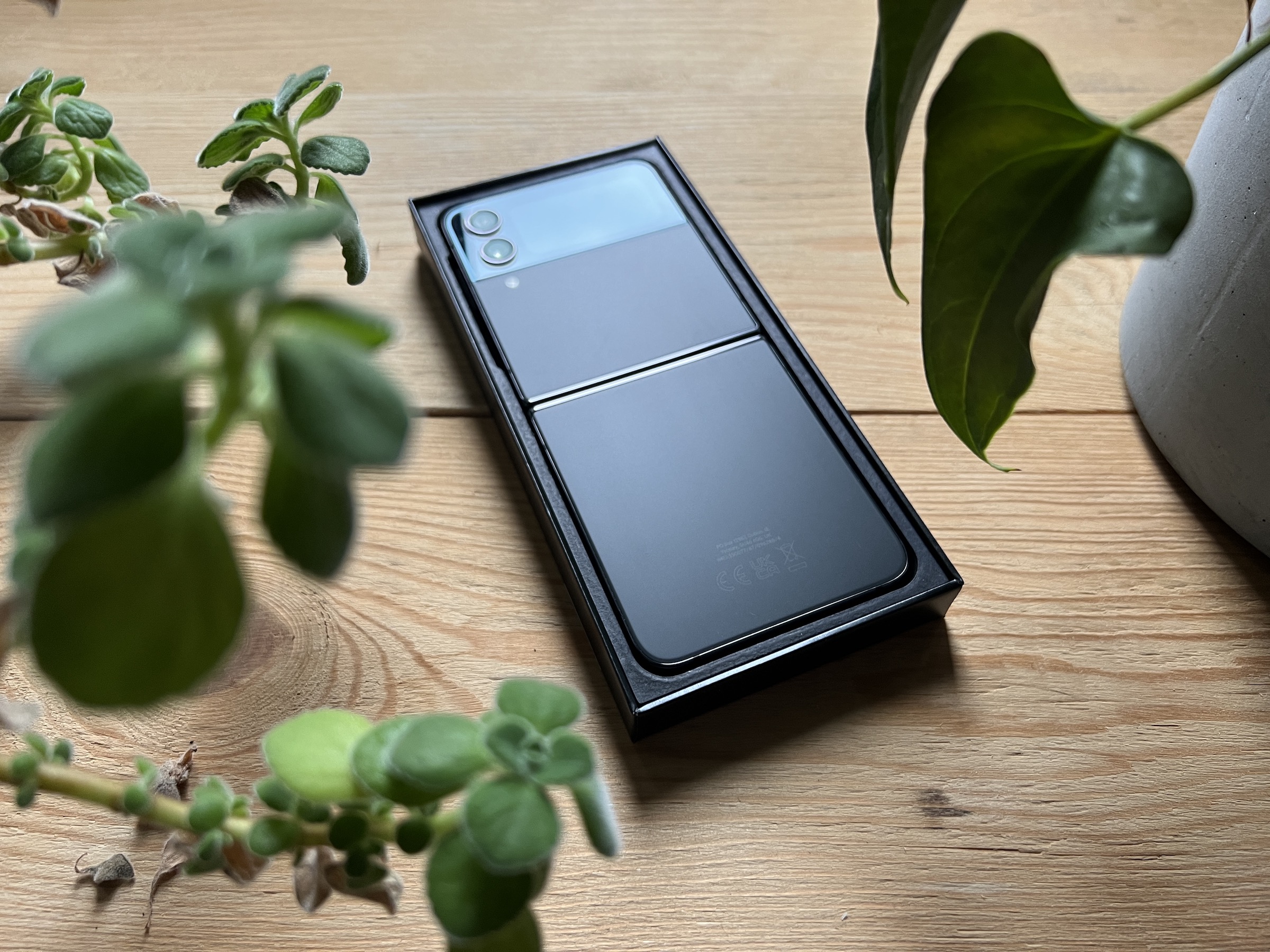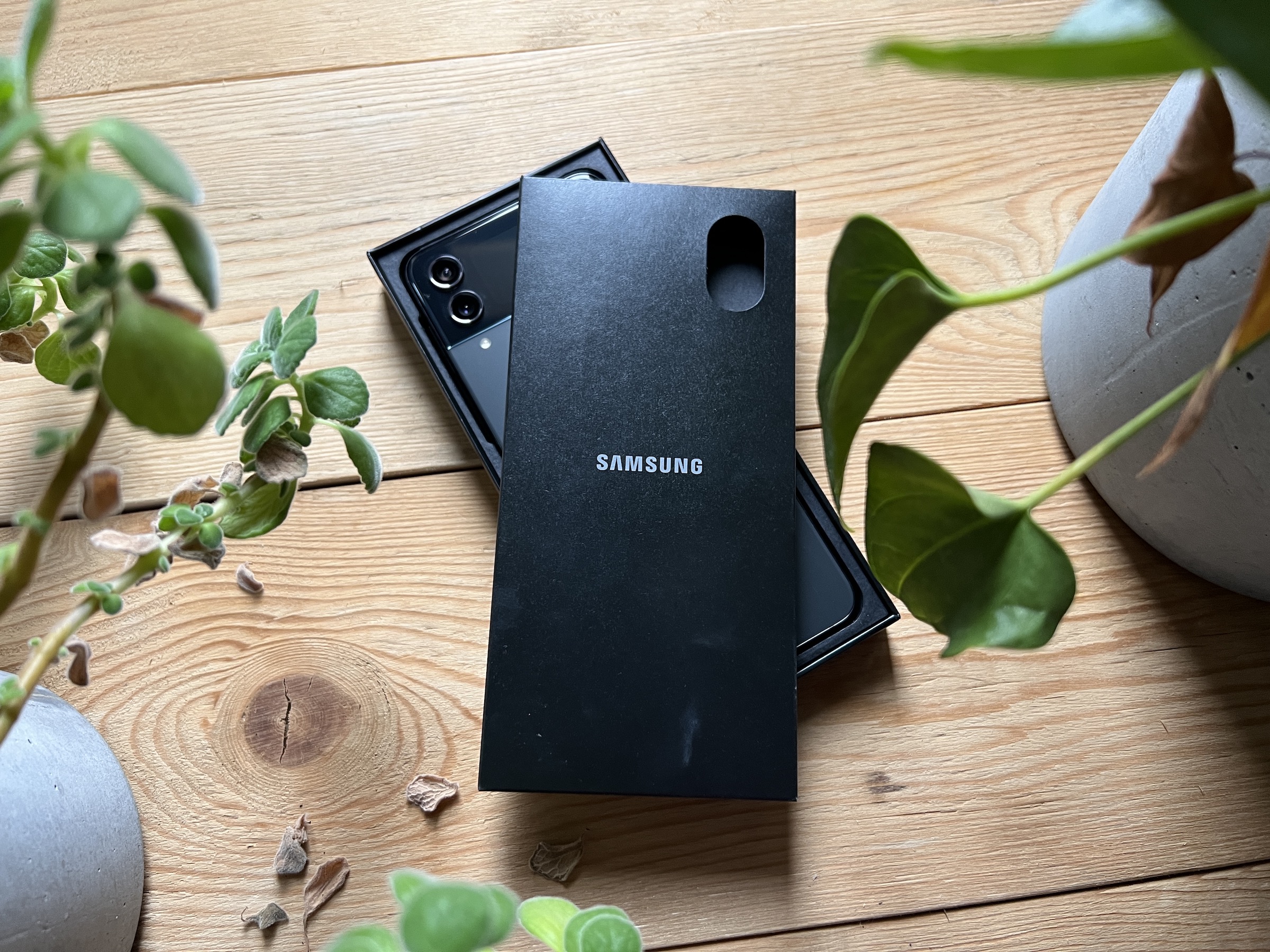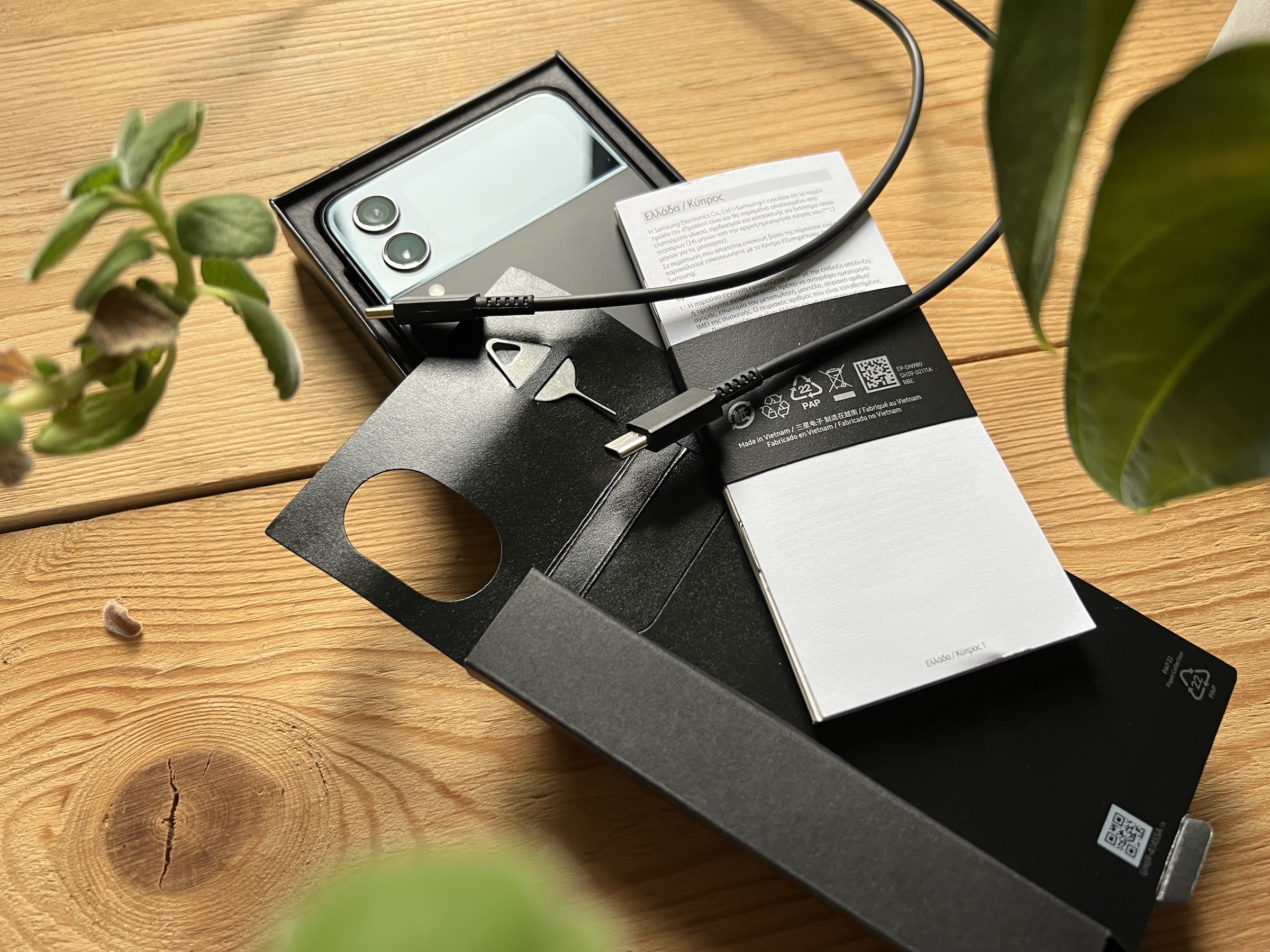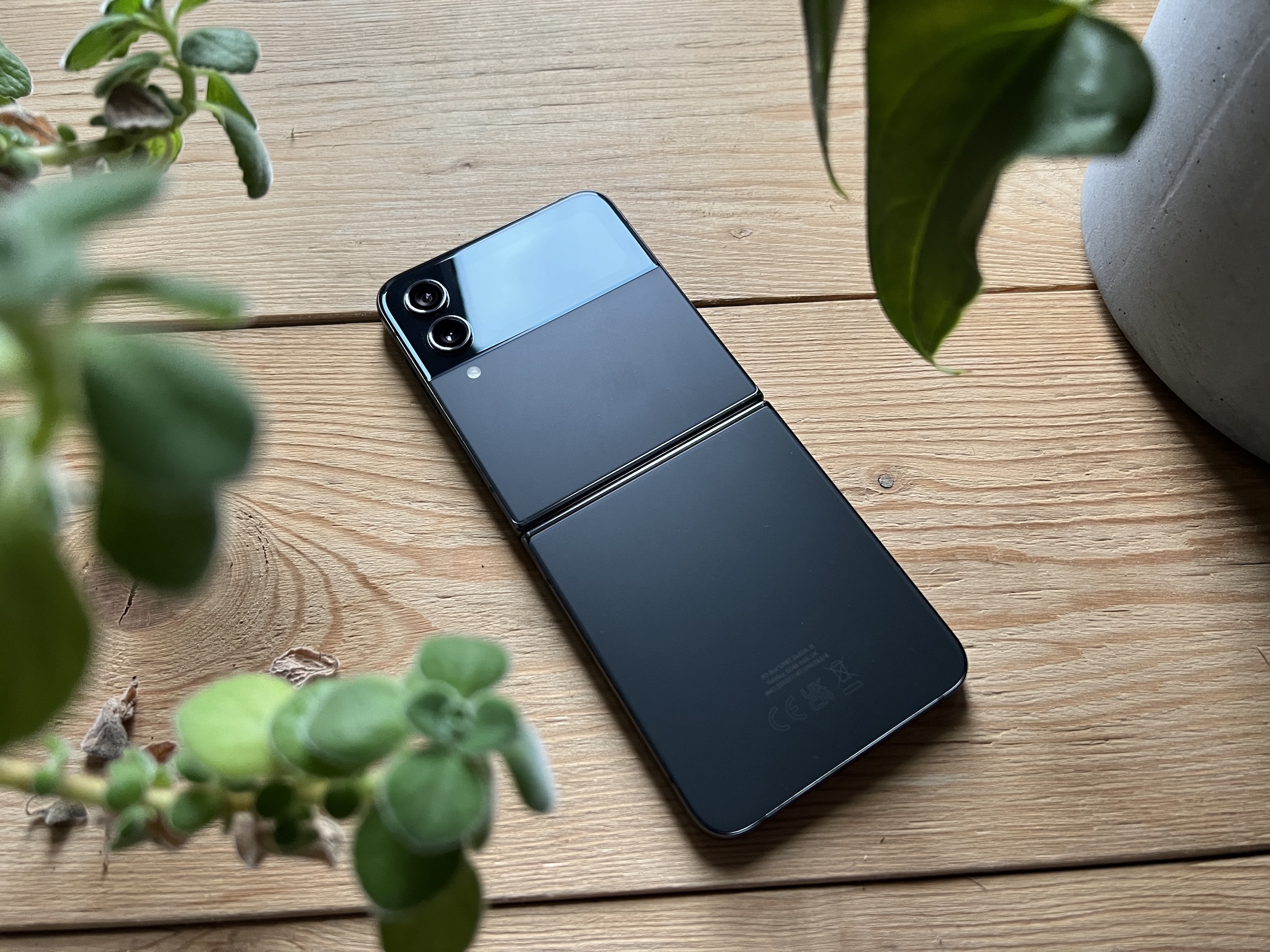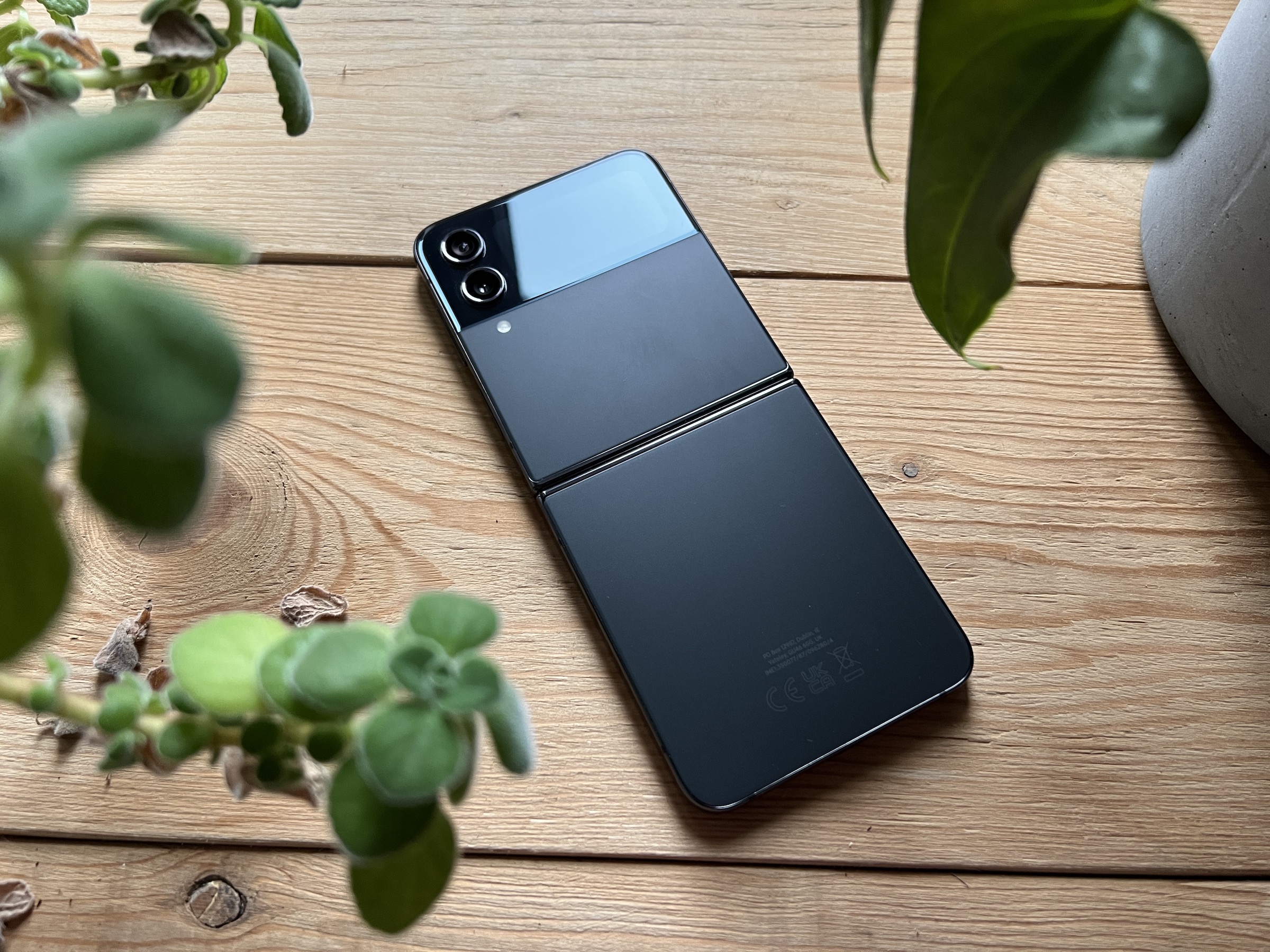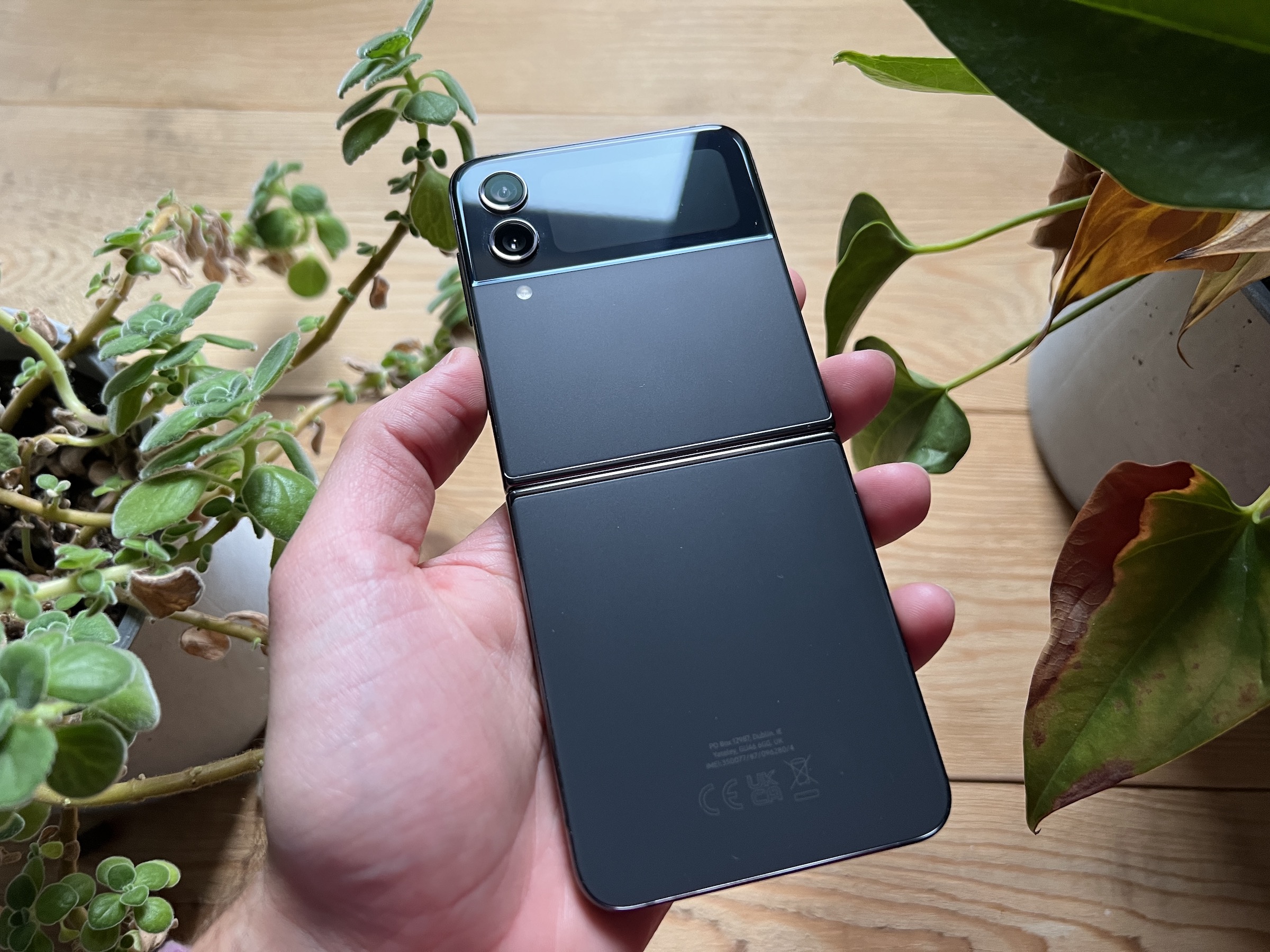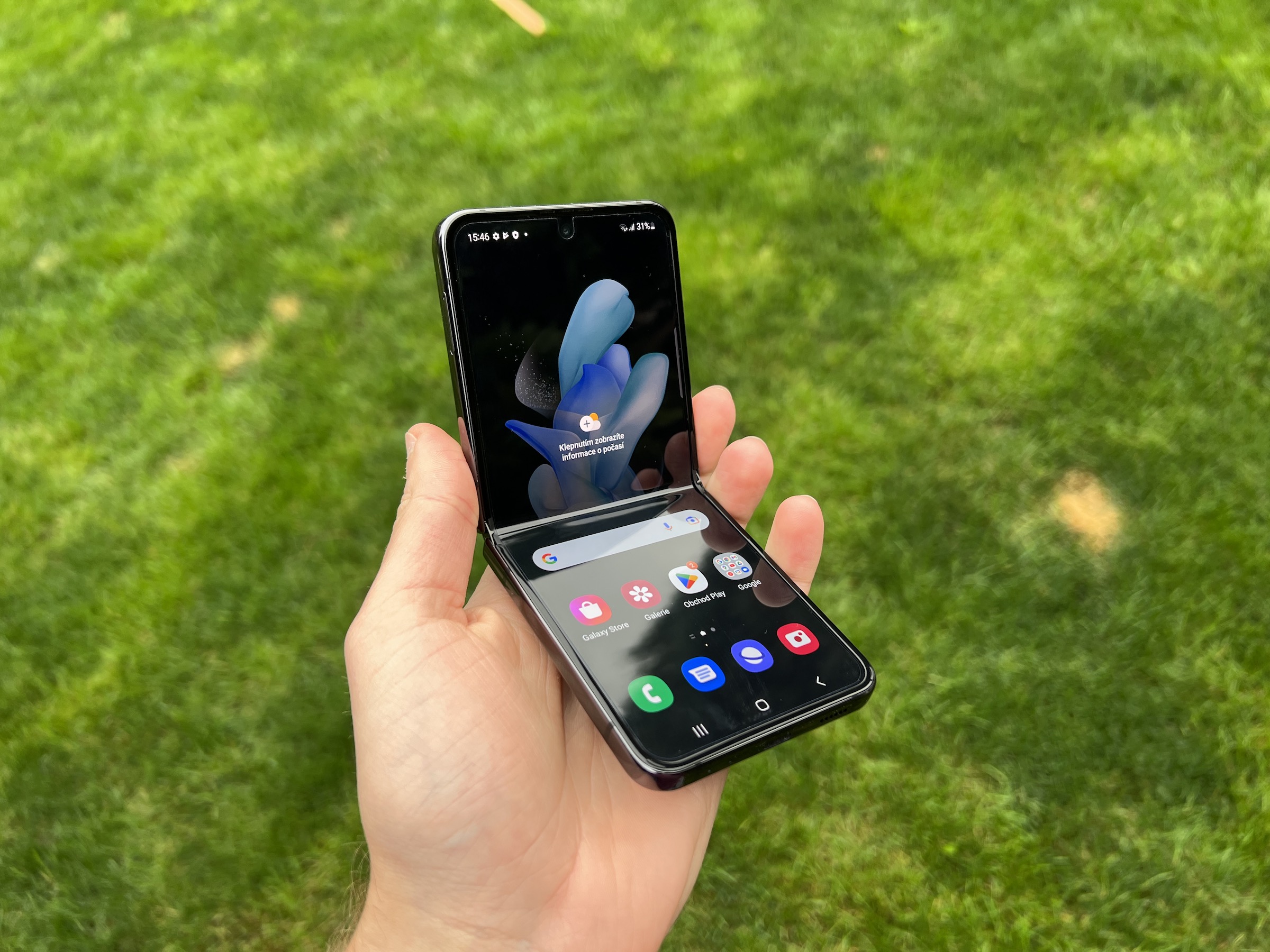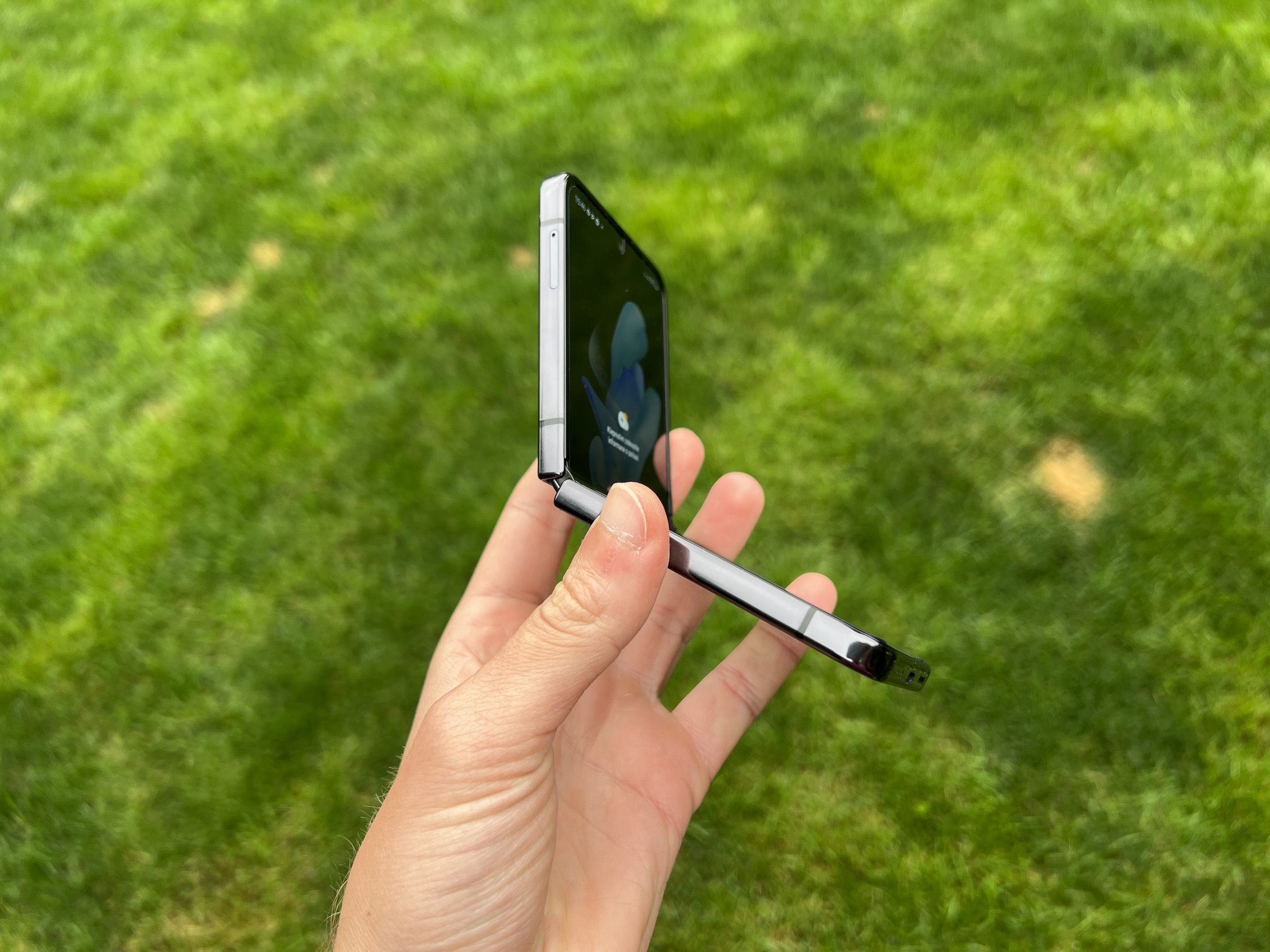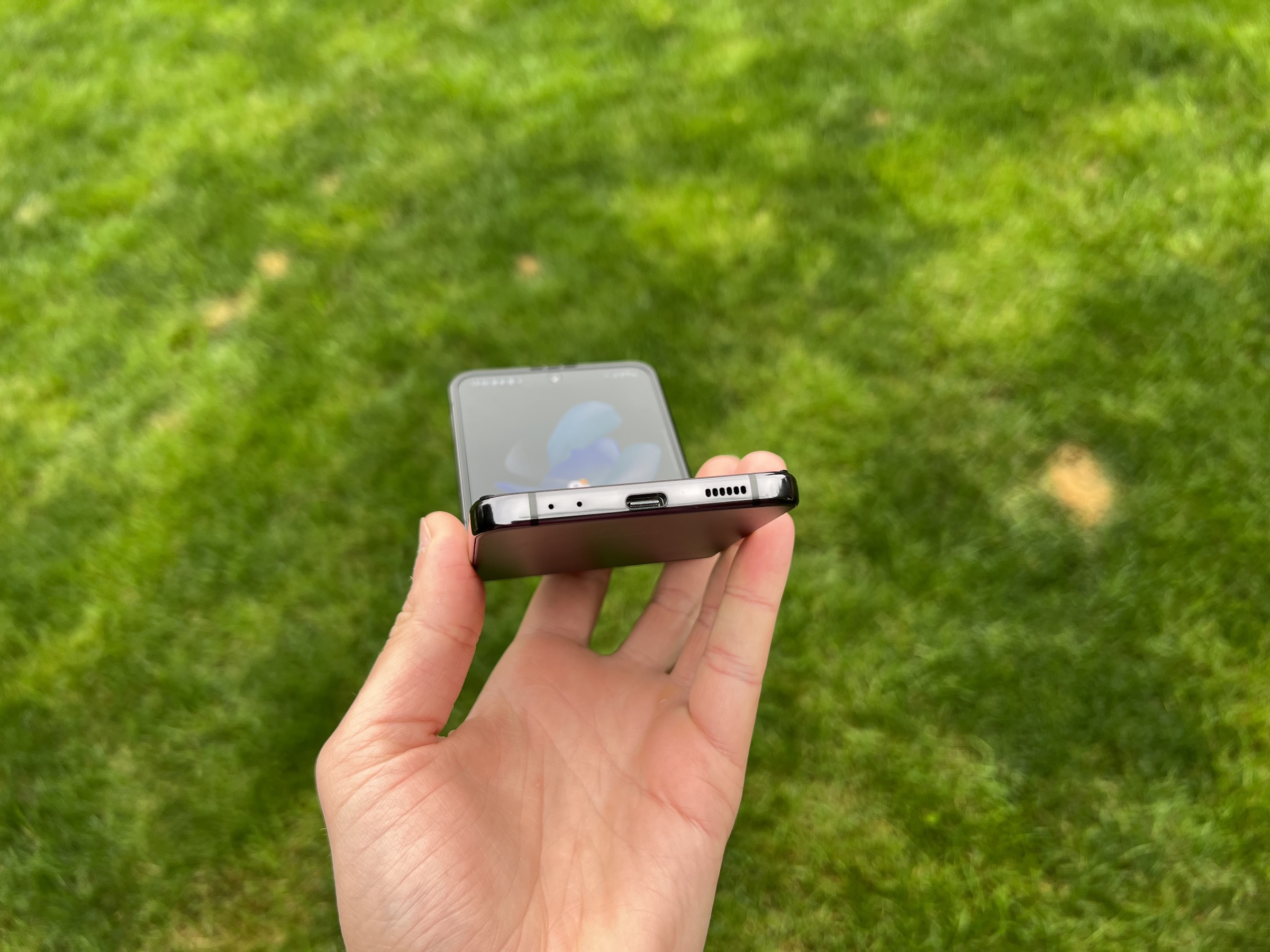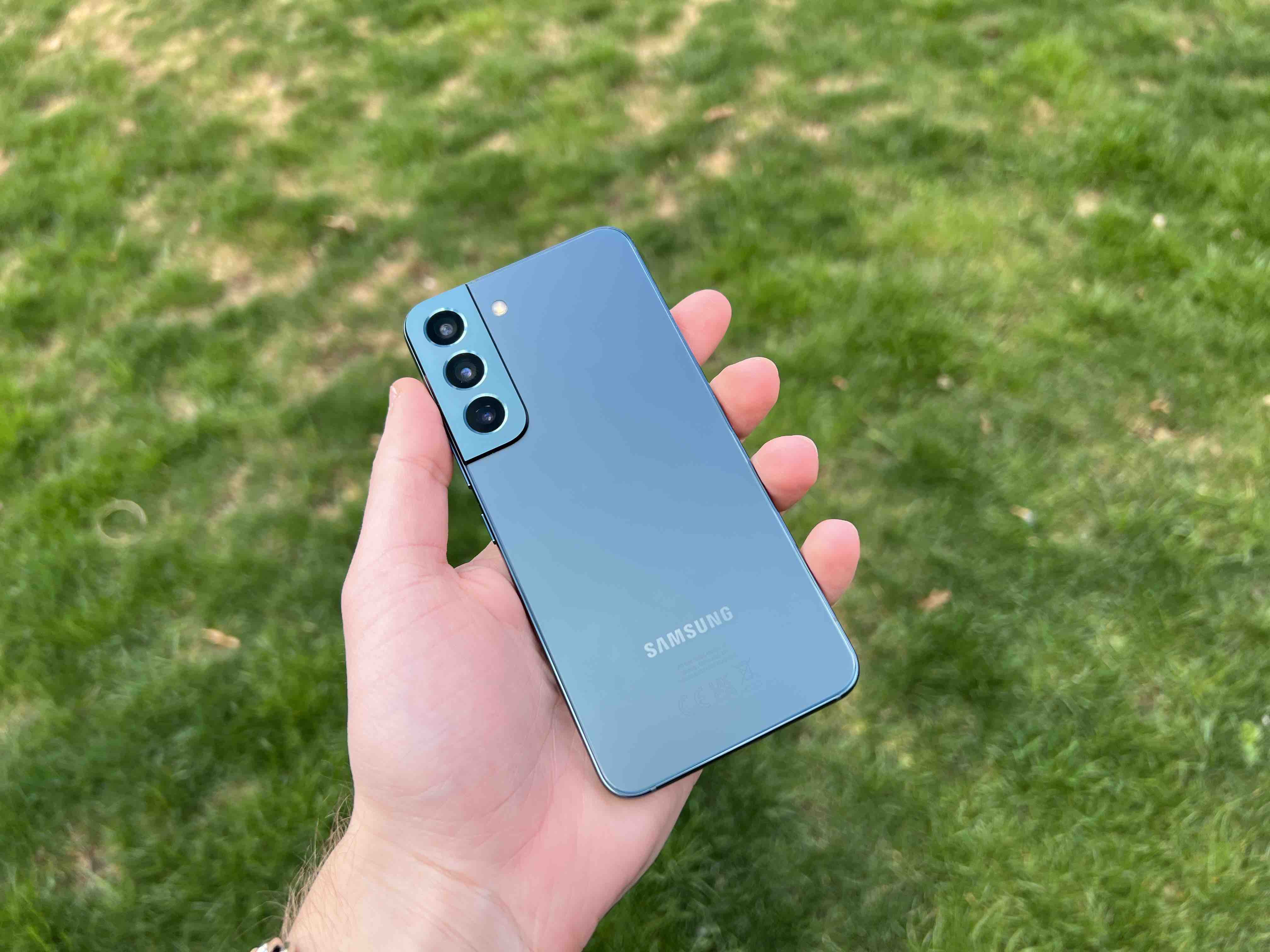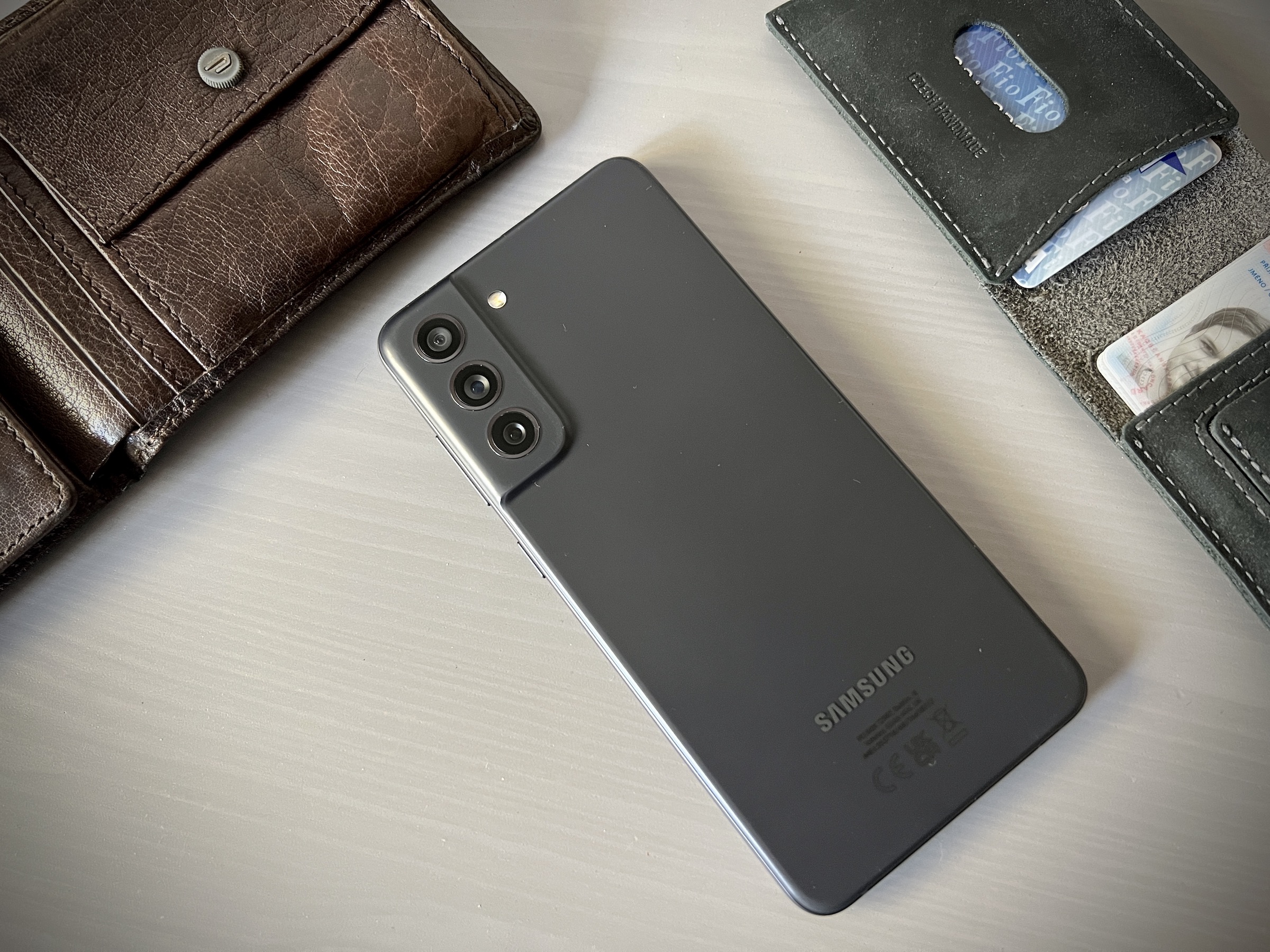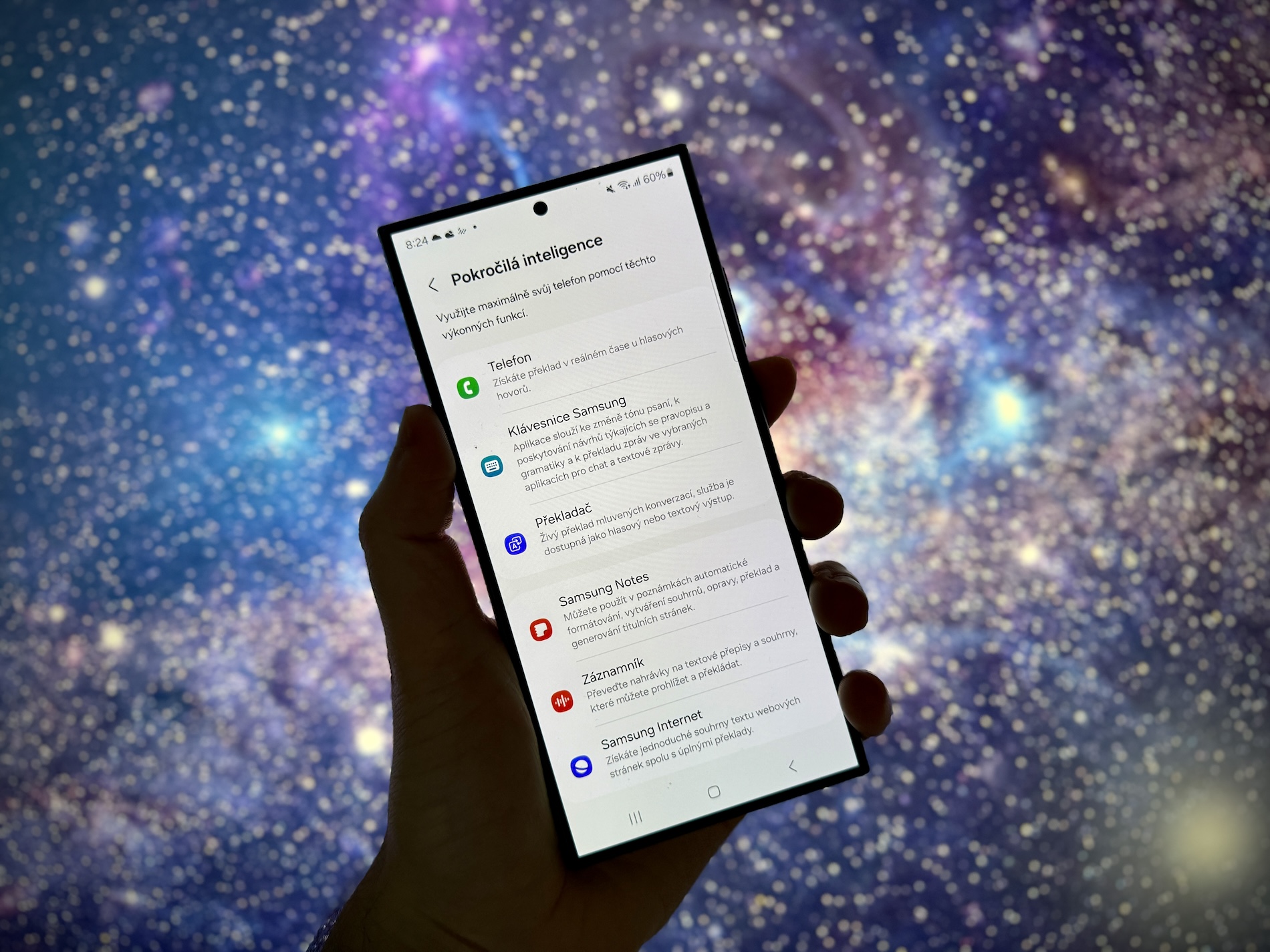The CSC code or "Country Specific Code" has been an integral part of Samsung software for many years. It includes custom settings, localization, carrier brand, APN (access point) settings and more informace for specific regions. For example, a flexible phone Galaxy ZFold4, which is sold in the US, will have a different CSC than the one sold in Germany.
Since Samsung sells its devices almost everywhere in the world, you can imagine that the list of its CSC codes will be quite long. But does it really have to be that way? It is possible to argue that the Korean giant should give up these codes next year and switch to a global version of the firmware. This is how updates are handled for iPhones and even Google Pixel smartphones.
Samsung is now quite fast in rolling out new firmware updates, but it wasn't like that just a few years ago. Users in some markets had to wait inordinately long to get new updates. Even the release of "maintenance" updates for Samsung's major markets sometimes took longer than users there would have liked. However, the team in charge of software development at Samsung deserves credit for bringing the update to the device Galaxy they are now much faster than they were in the past.
Even faster updates
However, there is still room for improvement. Since CSC codes are primarily focused on customization, this inevitably leads to delays in the update process. A unified global approach to firmware would further reduce the time to release updates, giving users in all markets around the world even faster access to Samsung's latest and greatest software experiences.
It can be imagined that "juggling" with different CSC codes can be a little inconvenient for the company itself. Every year, Samsung launches dozens of new devices for which it offers up to four generations Androidua up to five years of security updates. So there are hundreds of devices Galaxy, which need new updates every year, each with a separate CSC code. Kudos to Samsung's software team for managing this at all, and relatively quickly.
You could be interested in
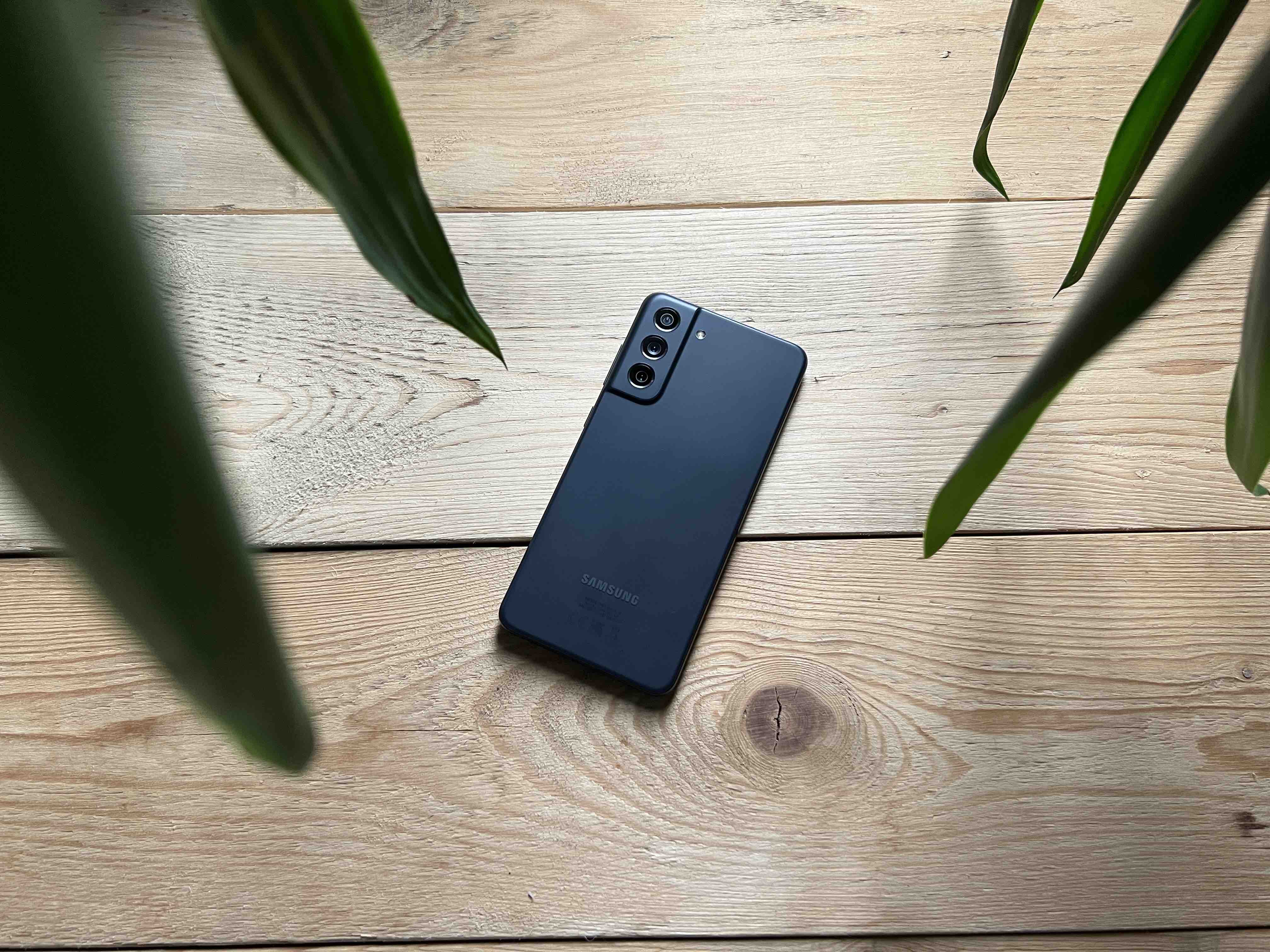
However, there shouldn't be many obstacles in the way of the Korean giant if the like Apple or Google decided to switch to a global version of the firmware. This would make releasing his updates even faster and maybe make it a little easier on his software team. The "lightweight" resources could then be better used to create new features and experiences. We can only hope that Samsung is at least thinking about "cutting" the CSC codes.
